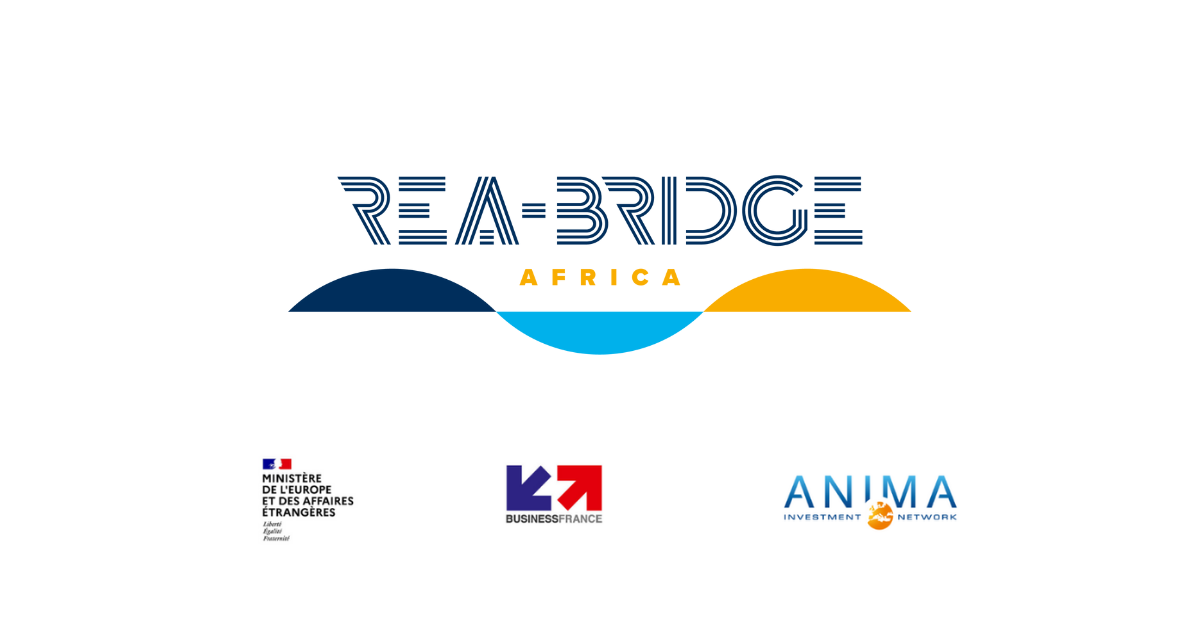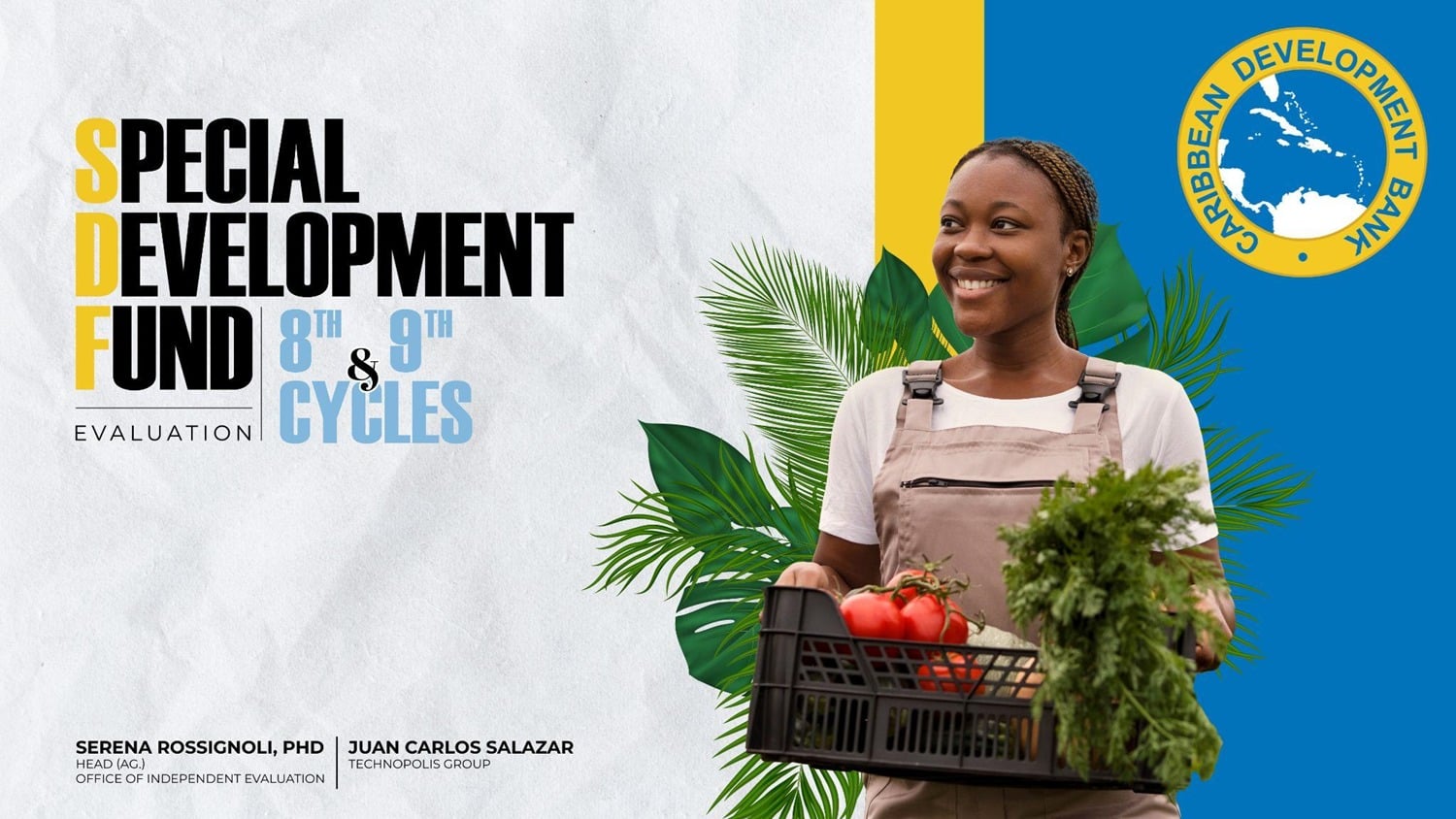The quantity, diversity and accessibility of digital information has expanded hugely thanks to innovations in technolog y (for usage, storage and analysis) and increasing affordability of digital devices. In developing and emerging countries, access to ICT and mobile technologies has expanded rapidly in recent years — with implications for ‘big data’.
Searching for smart policies or new business strategies, public and private actors in these countries increasingly recognise the benefits of using these new sources of intelligence and evidence. Many companies are interested in using ‘big data’ analytics in emerging markets — with their budding middle class — to improve their marketing strategies and to increase the efficiency of their supply chains. For the public sector, big data can inform early-warning systems, real-time trend analysis, needs assessment, and monitoring and evaluation. Big data applications have already shown game-changing impacts in sectors such as humanitarian assistance, epidemics tracking, crop forecasting, traffic management, mobile banking and tax collection systems.
Although the digital divide is closing fast, privacy issues, inequality of digital access and limited generation of digital data in remote or rural areas remain a challenge, resulting in insufficient data and often inconclusive analyses for the public sector. The World Bank has made steps toward collecting digital data for emerging markets and making it widely available. Since 2009, the UN’s Global Pulse initiative serves as an innovation lab to facilitate the adoption of big data tools and technologies. One of its pilot projects confirmed the potential of social networks, such as Twitter, to complement traditional household surveys when analysing public perception, in this case, related to gas policy reform in Salvador.
Big data opportunities
In our own work in emerging countries, big data is increasingly relevant both as a tool for studies, strategy and evaluation, and as a policy issue for clients including international organisations, development banks and development agencies. Technopolis Group experts contributed to the UN Conference on ‘Big Data and the 2030 Agenda for Sustainable Development: Achieving Development Goals in the Asia and the Pacific Region’, held in December 2016 in Bangkok, Thailand.
Big data already adds value to our studies and advice for clients working in emerging and developing countries. Examples include:
- Higher education and entrepreneurship policies that address skills needs for the use of big data and the interpretation of results
- Big data policies for life sciences and health, including management and use of biobanks and patient information databases and the use of social media data to analyse the effectiveness of policy interventions
- Green growth policy monitoring using geo-observational data
- Scientific collaboration and research capacity building, including ‘citizen science’, eg data collection via citizen-owned sensors and mobile phone apps
- Research and innovation infrastructures for data analytics, eg access to open data, High-Performance Computing, data analytics software and visualisation tools
- Data linking to assess the interaction between higher education, research and innovation, economic development and labour markets in specific countries and regions.




